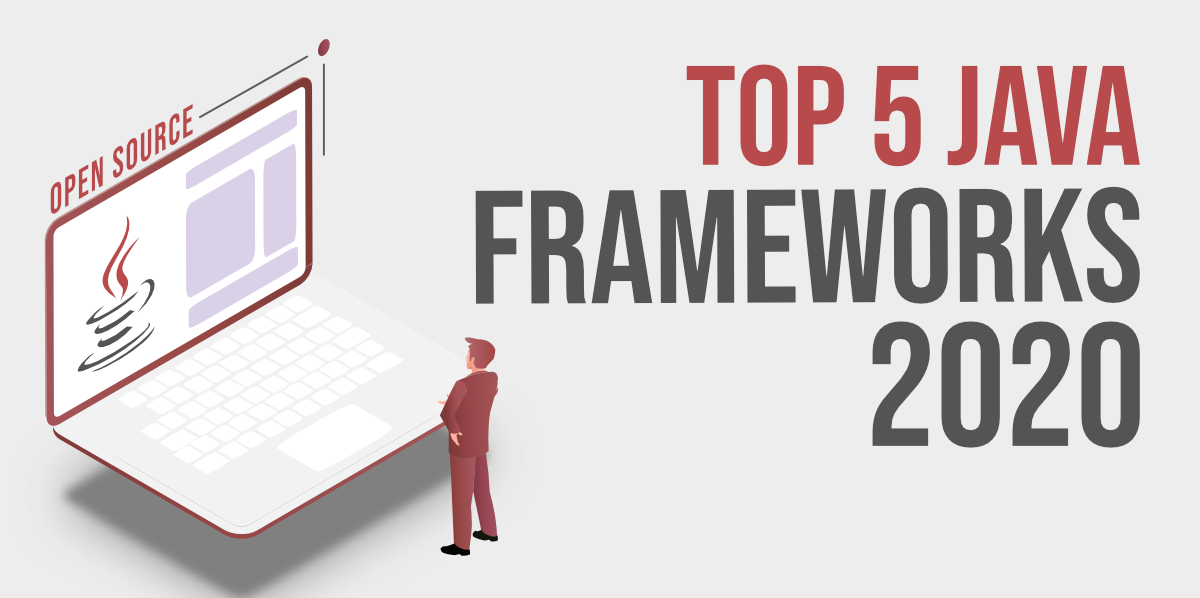
In the fast-paced world of software development, startups often need to make strategic decisions to build their applications quickly and efficiently. Java, a widely adopted programming language, has been the go-to choice for building robust and scalable applications. To further expedite development, Java frameworks play a pivotal role. In 2024, we can expect the startup landscape to be influenced by cutting-edge Java frameworks that facilitate rapid development. This article explores the top seven Java frameworks that will rule the startup landscape in 2024, providing insights into their features and advantages.
Introduction
Startups often face the challenge of delivering quality software products quickly to gain a competitive edge. The choice of a suitable Java framework can significantly impact the development speed, scalability, and overall success of a startup. This article delves into seven of the most promising Java frameworks that are expected to dominate the startup scene in 2024.
1. Spring Boot
Spring Boot remains a frontrunner among Java frameworks, and it is poised to continue its dominance in 2024. This framework simplifies Java application development by providing a wide range of tools and libraries for various tasks. It offers a ‘convention over configuration’ approach, meaning developers need to write less code for configuring their applications. This results in faster development and reduced boilerplate code.
Advantages:
- Rapid development
- Strong community support
- Microservices-ready architecture
- Excellent integration with other Java technologies
- Extensive documentation
Startups looking for a Java development company or Java development services should consider Spring Boot due to its immense popularity and widespread use.
2. Micronaut
Micronaut is a relative newcomer in the Java framework landscape, but its growth and adoption rate are impressive. It is designed for building microservices and serverless applications with minimal memory footprint. Micronaut offers features like ahead-of-time (AOT) compilation, which leads to improved runtime performance and lower memory consumption.
Advantages:
- Low memory consumption
- Fast startup times
- Ideal for microservices architecture
- AOT compilation for better performance
- Integration with popular cloud platforms
As startups increasingly focus on microservices and cloud-native development, Micronaut’s capabilities make it a compelling choice. Hiring Java developers familiar with Micronaut can provide a significant advantage in 2024.
3. Quarkus
Quarkus is another Java framework optimized for building microservices and cloud-native applications. It is designed to provide a development experience similar to Spring Boot, while also offering tremendous performance benefits. Quarkus allows developers to use popular Java APIs and libraries, ensuring compatibility with existing code.
Advantages:
- Low memory consumption
- Ultra-fast startup times
- Easy integration with Kubernetes and other cloud-native technologies
- Compatibility with popular Java APIs
- Live coding for rapid development
For startups looking to hire Java developers, finding those with expertise in Quarkus can be a valuable asset when pursuing microservices-based projects in 2024.
4. Vert.x
Vert.x is a versatile and lightweight framework designed for reactive, event-driven applications. It is an excellent choice for startups focusing on building real-time, scalable systems. Vert.x supports multiple programming languages, which can be advantageous in a polyglot development environment.
Advantages:
- High concurrency and scalability
- Event-driven architecture
- Polyglot programming support
- Easily integrated with other technologies
- Ideal for building reactive applications
Vert.x’s reactive approach to development is well-suited for modern startups that require real-time capabilities. Java development companies and services can assist startups in leveraging this framework effectively.
5. Play Framework
The Play Framework is a web application framework that prioritizes developer productivity and follows a reactive programming model. It is particularly suitable for startups building web applications and APIs. Play Framework’s hot-reloading feature enables developers to see the results of their code changes in real-time without needing to restart the application.
Advantages:
- Developer-friendly features
- Built-in support for reactive programming
- Hot-reloading for quick development iterations
- Strong emphasis on RESTful architecture
- Integration with popular front-end frameworks allows seamless collaboration between a Java backend and a JavaScript developer, especially when building dynamic user interfaces.
For startups focusing on web development and API services, the Play Framework offers a competitive advantage by reducing development time and effort.
6. Vaadin
Vaadin is a Java framework tailored for building web applications with a user interface (UI) focus. It provides a wide range of UI components, allowing developers to create modern and responsive web applications with ease. Vaadin’s unique selling point is its ability to build web applications entirely in Java without requiring extensive front-end development skills.
Advantages:
- Extensive library of UI components
- Simplified UI development in Java
- Responsive and modern web applications
- Built-in support for data binding
- Integration with popular Java IDEs
Startups aiming to deliver visually appealing and user-friendly web applications should consider Vaadin and hire Java developers with expertise in this framework.
7. Dropwizard
Dropwizard is a high-performance Java framework designed for developing RESTful web services. It combines several libraries and tools to streamline the development of web applications that expose APIs. Dropwizard is well-suited for startups that require a lightweight, efficient framework for building RESTful services.
Advantages:
- Simplified RESTful web service development
- Metrics and monitoring capabilities
- Quick and easy setup
- Integration with popular databases
- Focused on simplicity and performance
Startups seeking to build RESTful APIs as part of their services can benefit from using Dropwizard, which offers a straightforward and efficient development experience.
Conclusion
The choice of a Java framework is a critical decision for startups in 2024, as it can greatly influence development speed, scalability, and the ability to stay competitive in a fast-paced environment. The top seven Java frameworks discussed in this article—Spring Boot, Micronaut, Quarkus, Vert.x, Play Framework, Vaadin, and Dropwizard—offer unique advantages tailored to various development needs.
Startups looking to excel in 2024 should consider partnering with a reliable Java development company or Java development services to ensure they have access to the expertise needed for their chosen framework. By leveraging these frameworks and the skills of proficient Java developers, startups can make informed decisions that pave the way for success in the ever-evolving startup landscape.
To sum it up, each of these Java frameworks offers distinct advantages, making them well-suited for various development scenarios. Startups should carefully evaluate their project requirements and development goals to select the Java framework that aligns best with their needs. Whether it’s rapid development, microservices architecture, web application development, or RESTful API services, these frameworks can be instrumental in helping startups achieve their objectives in 2024.







